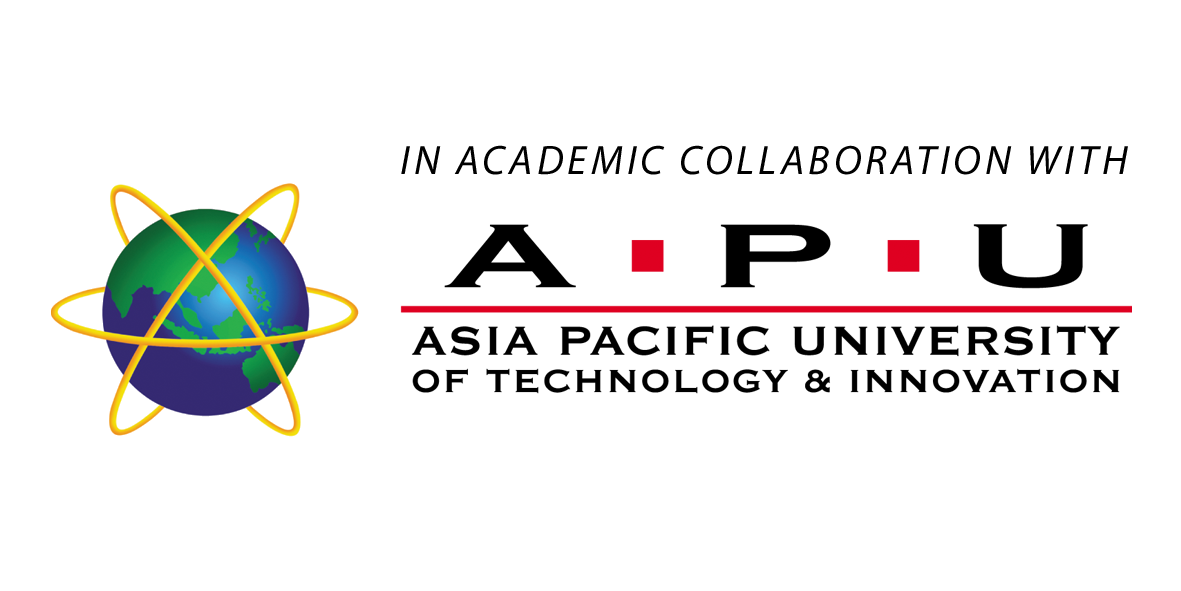Electronic Waste: Problem or Opportunity
What can be referred as E-Waste?
Electronic Waste, abbreviated as E-waste is considered as rapidly growing segment of the municipal solid waste stream. All those electronic products which are not in condition to be used are called E-Waste. Broken and unusable mouse, keyboards, mobiles, printers and their accessories or any other electronic devices or part of device which is non-functional and cannot be used are part of E-Waste. Like any other product, electronic products are also made from two types of resources i.e. renewable resources and nonrenewable. The methods used in the extraction of these resources need great quantity of energy and water, as in his manufacture and transport to come to the consumer. E-waste consists of many valuable materials such as aluminum, copper, plastics, gold, silver and other kind of metals. In time when we are eye witnessing ODD-EVEN Formula for Cars, electronic equipment should be refurbished, reused, and recycled instead of being landfilled. By such techniques, we will be able to conserve natural resources and the energy required in order to produce new electronic equipment from virgin resources. E-waste also contains few dangerous and sensitive toxic and hazardous materials like mercury, lead, cadmium, beryllium and chromium which have the potential to leach into our soil and water.
There are several benefits of recycling of E-Waste such as it conserves vital natural resources. Recycling process can enable us to recover valuable materials from used electronics that can be utilized to produce new products. It will result into several benefits i.e. saving of energy, reducing pollution, reducing greenhouse gas emissions, and save resources. Secondly, recycling E-Waste will protect our atmosphere and surroundings. Safe recycling of outdated electronics promotes sound management of toxic chemicals such as lead and mercury. Recycling E-waste helps others in form of donating your used electronics benefits your community by passing on ready-to-use or refurbished equipment to those who need it. Nepal has a high problem of unemployment and recycling can help in this area also in form of creating Jobs. Recycling creates jobs for professional recyclers and refurbishers and creates new markets for the valuable components that are dismantled. China has a prominent market for such manpower and products and we can take a lesson from them. Recycling can save landfill space. E-waste is a growing waste stream. By recycling these items, landfill space is conserved.
The promotion of healthy recycling practices is a key to improving Eco-system and environment and economy, but it’s not just up to the government to reduce the level of waste. Each and every citizen of India needs to start contributing towards this area by thinking about whenever they truly need a new gadget then E-waste recycling facilities are the best place in which recycle their old electronics.
Therefore, Electronic Waste should be taken as an opportunity rather as a problem and should be treated as extra source of income, energy and driver of a developing economy. Since we cannot totally eliminate the reasons and occurrence of E-Waste, therefore, the best possible remedy is utilize the same for extra source of income and utilities which will not only solve the problem of E-Wastages but also given extra value additions to the economy.
Author –
Dr. Sandeep Kautish
Dean Academics
LBEF Campus

